Assessing the meeting, IMF Managing Director Kristalina Georgieva said that finance ministers and central bank governors recognized the importance of reducing uncertainties, promoting reforms and strengthening growth in “difficult times.” At the same time, they also expressed their willingness to work together to respond to the challenges facing the global economy.
Ms Georgieva said political leaders had recognised that the current trade uncertainty was a time “to get our house in order” by tackling delayed reforms, strengthening economic resilience, boosting productivity and improving growth prospects.
“We are still going through a pretty difficult time,” she admitted. “But when people come together, abstract policies become more human and more tangible. And that makes a difference in the conversation.”
On the same day, Mr. Indermit Gill, chief economist of the World Bank (WB), warned that increasing trade uncertainty is exacerbating the debt burden and stagnant growth faced by emerging markets and developing countries. However, he said that proactive tariff cuts by these countries could provide a significant growth boost.
Gill said global economists are rapidly downgrading growth forecasts for advanced economies and more slowly for developing countries, at least for now. The main reason is the wave of tariffs announced by US President Donald Trump. The IMF has cut its economic growth forecasts for the US, China and most countries, and warned that escalating trade conflicts will continue to weigh on global growth.
The organization forecasts global growth this year at just 2.8%, 0.5 percentage points lower than its forecast in January.
Gill said the consensus of global economists showed significant downward revisions in growth and trade forecasts. Uncertainty indicators, already at levels much higher than a decade ago, also spiked after the Trump administration’s tariff moves on April 2.
Compared to previous economic shocks, including the 2008-2009 global financial crisis and the COVID-19 pandemic, Mr. Gill said the current shock was the result of government policy, meaning it could also be reversed.
He pointed out that the current crisis will continue to weigh on growth in emerging markets. Global trade is now forecast to grow by just 1.5% – significantly lower than the 8% growth seen in the 2000s.
Gill also warned that current debt levels mean that half of the roughly 150 developing and emerging market countries are in or at risk of defaulting on their debt. That proportion has doubled since 2024 and could rise further if the global economy slows.
He stressed that if global growth and trade both slow down while interest rates remain high, many countries - including commodity exporters - will fall into debt.
Mr Gill's advice to developing countries is to quickly and urgently negotiate deals with the US to reduce their own tariffs and avoid high US tariffs, while extending lower tariffs to other countries.
He said the timing was right, as pressure from the US could dampen domestic opposition. World Bank models show such moves could boost economic growth significantly.
Similarly, the IMF's International Monetary and Financial Committee (IMFC) expressed concern on the same day that trade tensions could undermine global financial stability, destabilize markets and raise financial risks. The IMFC also reaffirmed the IMF's central role in supporting member countries to overcome difficulties.
The committee also called for quotas and shares to be adjusted to reflect countries’ economic positions. IMFC President and Saudi Arabian Finance Minister Mohammed Al-Jadaan stressed the priority of addressing debt vulnerabilities, especially in low-income countries.
In another development, also on April 25, the World Bank's Steering Committee approved the institution's plan to study options for expanding energy access, including the potential for financing nuclear energy.
Accordingly, the committee called on the WB to make efforts to ensure energy access for 300 million Africans from now until 2030, and agreed on the target of allocating 45% of loans to climate activities by 2026. Notably, the committee's statement also expressed support for the WB's gender strategy and called for further efforts to promote gender equality./.
According to VNA
Source: https://baothanhhoa.vn/imf-danh-gia-hoi-nghi-mua-xuan-voi-wb-mang-tinh-xay-dung-246926.htm


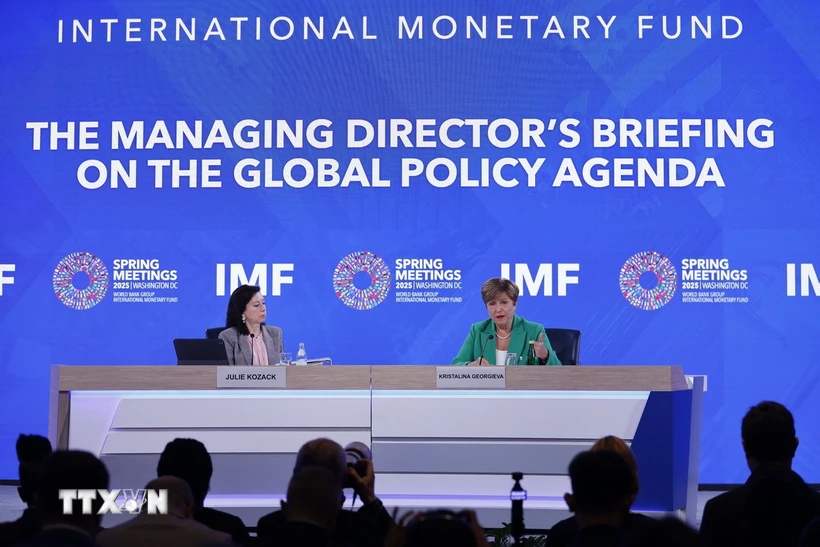



![[Photo] Buddha's Birthday 2025: Honoring the message of love, wisdom, and tolerance](https://vphoto.vietnam.vn/thumb/1200x675/vietnam/resource/IMAGE/2025/5/12/8cd2a70beb264374b41fc5d36add6c3d)




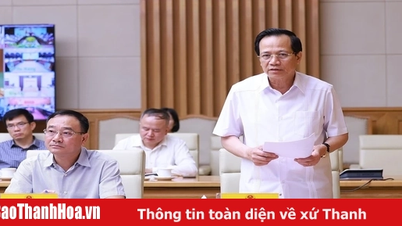
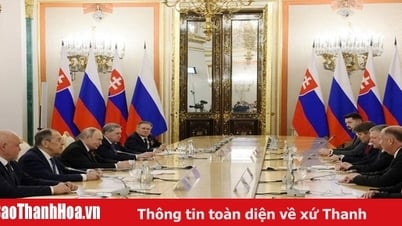






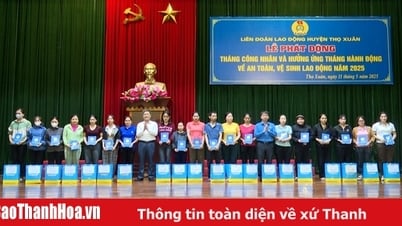





![[Photo] General Secretary To Lam meets and expresses gratitude to Vietnam's Belarusian friends](https://vphoto.vietnam.vn/thumb/1200x675/vietnam/resource/IMAGE/2025/5/11/c515ee2054c54a87aa8a7cb520f2fa6e)
![[Photo] General Secretary To Lam arrives in Minsk, begins state visit to Belarus](https://vphoto.vietnam.vn/thumb/1200x675/vietnam/resource/IMAGE/2025/5/11/76602f587468437f8b5b7104495f444d)










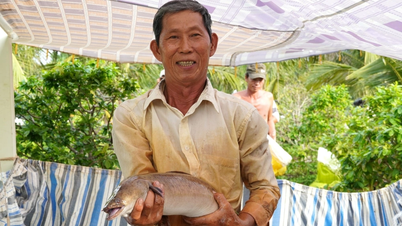

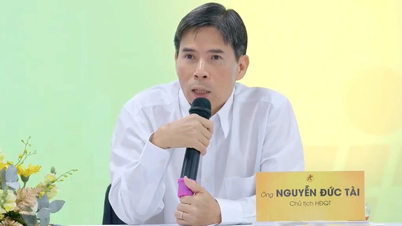



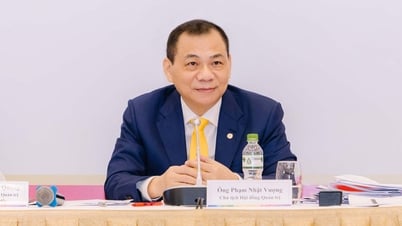





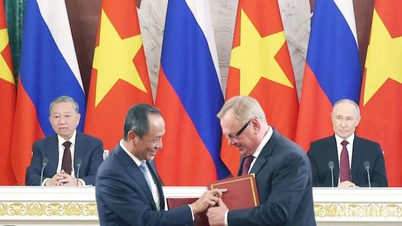



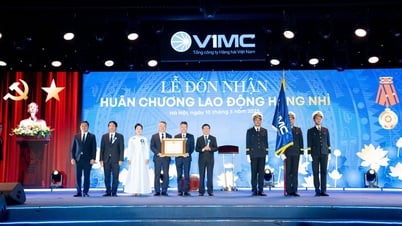



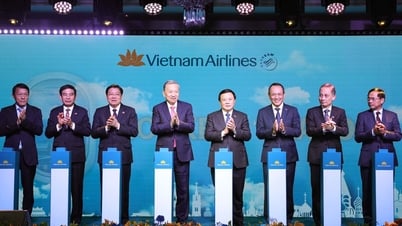


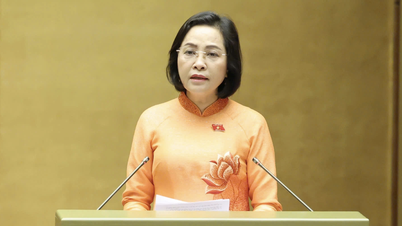

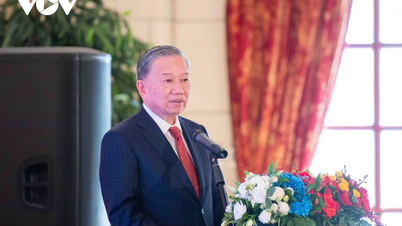

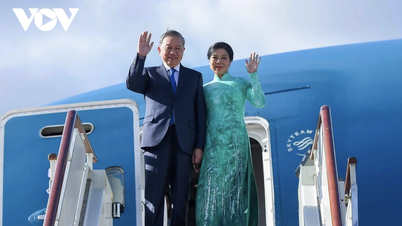
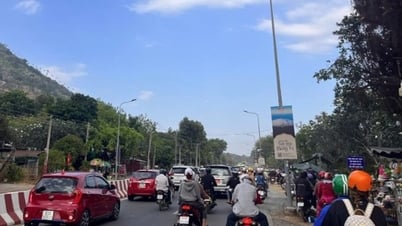


























Comment (0)